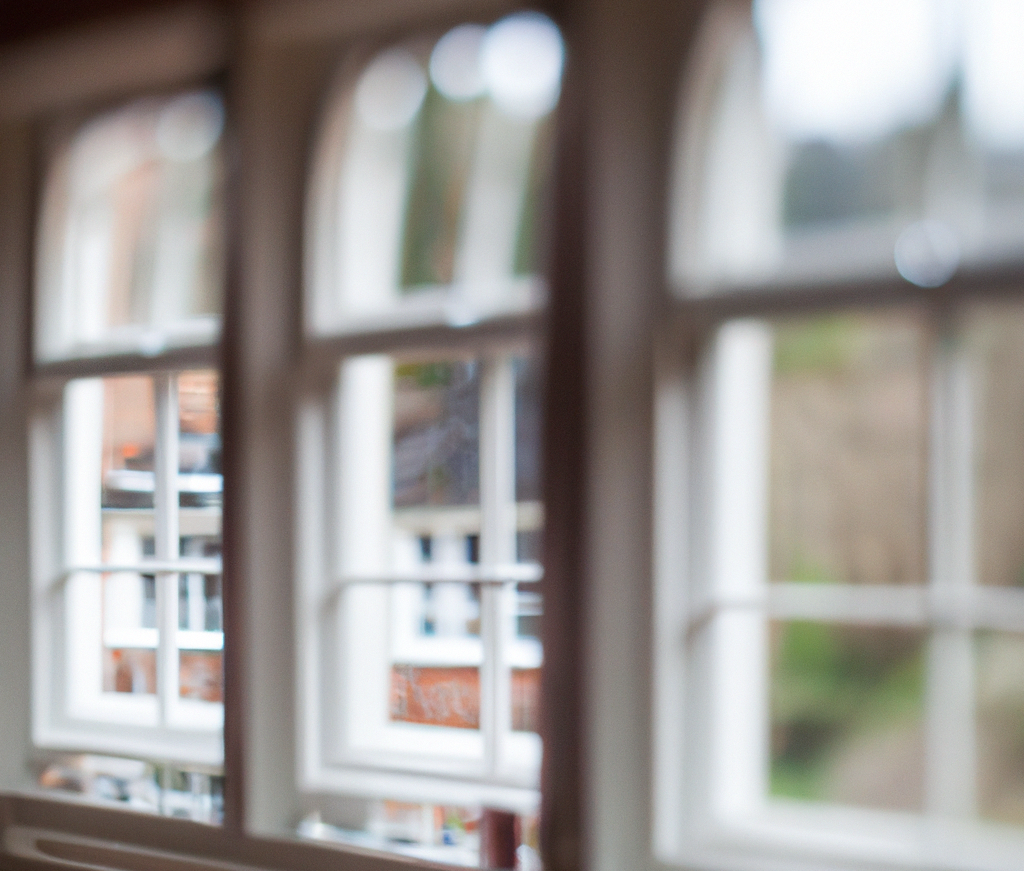Yes, you can double glaze single glazed sash windows, and it offers various benefits, including improved energy efficiency, enhanced insulation, noise reduction, increased security, and potential enhancement of property value.
Double Glazing Single Glazed Sash Windows: Enhance Efficiency with Historic Charm
When considering upgrading single glazed sash windows to double glazing in historic properties, there are several important factors to take into account. This decision requires a careful balance between preserving the authenticity of the original windows and incorporating modern improvements for energy efficiency and longevity.
Profile Width Challenges
One of the primary concerns when upgrading single glazed sash windows to double glazing is the potential impact on the profile width. Traditional sash windows typically feature slender frames and glazing bars that contribute to their distinctive appearance. Introducing double glazing may require thicker units, which can alter the slim profile and compromise the historical authenticity of the windows.
Repair vs. Replacement
Preservation and planning officers often prefer window repair over replacement, as it maintains the genuine heritage of the property. Repair involves refurbishing the existing windows, replacing decayed timber, and ensuring proper functionality. This approach aligns with conservation principles and retains the original charm of the windows.
However, in certain cases, full replacement with double glazing may be more appropriate, especially when the original windows are severely deteriorated, beyond repair, or lacking in energy efficiency. Replacement can offer advantages such as:
Improved Energy Efficiency: Double glazing significantly enhances thermal insulation, reducing heat loss and energy consumption, while also providing increased comfort for occupants.
Extended Service Life: Modern materials used in double glazing can offer greater durability and longevity compared to older single glazing, reducing the need for frequent maintenance.
Noise Reduction: Double glazing can provide better acoustic insulation, reducing noise pollution from the outside environment.
Enhanced Security: Double glazed units with advanced locking mechanisms contribute to improved security, adding an essential aspect to historic property maintenance.
Understanding Heritage Windows
Heritage windows, also known as conservation windows, are designed specifically for historic and listed buildings. These windows are crafted with meticulous attention to detail to replicate the appearance of original windows while incorporating modern technology for energy efficiency and performance.
Materials: Heritage windows are typically made from high-quality timber, resembling the traditional materials used in historical window construction.
Glazing Options: Depending on the requirements and restrictions of the building, heritage windows can accommodate various glazing options, including slim double glazing or vacuum glazing.
Replication of Details: Heritage windows aim to replicate the original design elements, such as glazing bars, profiles, and mouldings, to maintain the character and visual appeal of the property.
Customisation: Each heritage window is tailored to the specific needs of the building, considering its historical significance and architectural style.
In conclusion, the decision to double glaze single glazed sash windows in historic properties involves careful consideration of various factors. While repair is often preferred to maintain authenticity, replacement with heritage windows can be a suitable solution when energy efficiency, service life, and other practical considerations come into play. By opting for heritage windows, property owners can strike a harmonious balance between preserving the charm of the past and embracing the advancements of the future.

